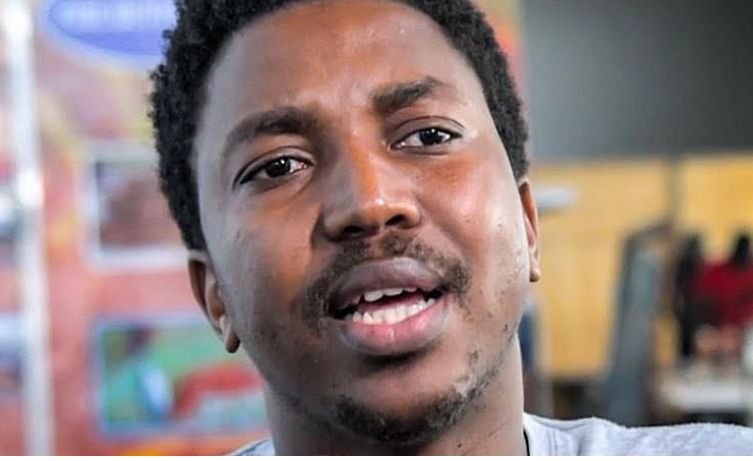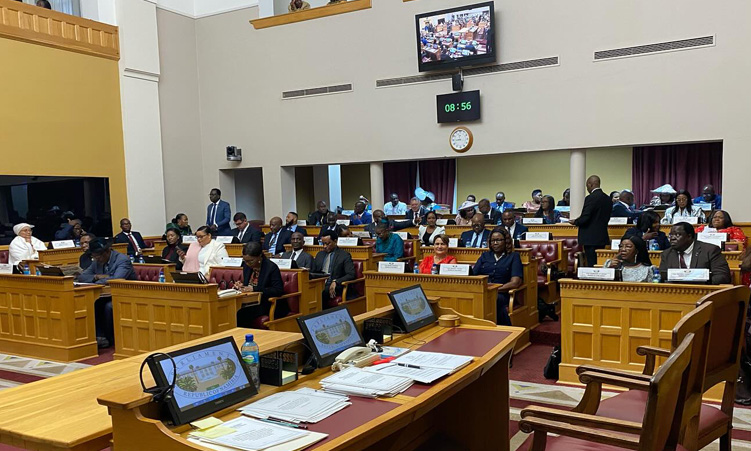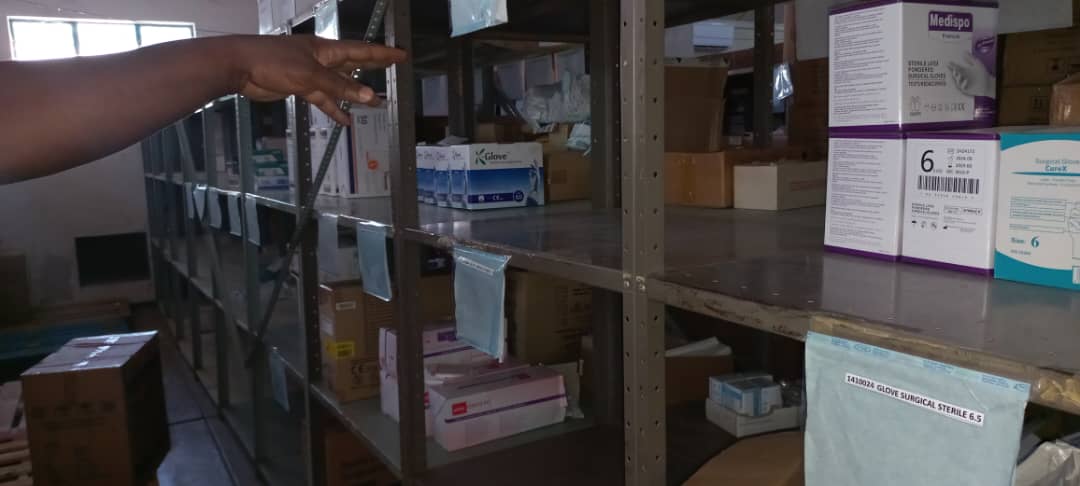DISPLACED flood victims in the Kavango and Caprivi Regions have joined victims of the Asian tsunami, Hurricane Katrina and other natural disasters in becoming beneficiaries of the ShelterBox.
ShelterBox, a UK-based aid agency launched in 2000, is a concept that provides a holistic form of shelter for victims of disaster – natural or otherwise. Each Shelterbox, weighing 50 to 60 kg when fully packed, contains a 10-person tent, thermal blankets, insulated ground sheets, insecticide-treated mosquito nets, a wood-burning stove or a multi-fuel burning stove, cooking utensils, bowls and mugs, collapsible water containers and water purification tablets, a basic toolkit, and a small children’s activity pack.In responding to the recent flooding in the Kavango and Caprivi regions, which has been declared a national emergency by President Hifikepunye Pohamba, the Rotary Club Windhoek has teamed up with ShelterBox to provide 370 boxes to displaced flood victims.Just last week, four volunteers from the ShelterBox Response Team (SRT) were distributing 170 ShelterBoxes in the Caprivi Region, where it is estimated that around 20 000 people have been displaced by the floods. They are also distributing 130 ‘Africa Tents’ and 30 boxes of essential equipment in the two regions.’Many communities have been destroyed by the floods which hit the Caprivi Region particularly hard,’ says Larry Agee, one of the SRT volunteers.’We are using every possible means available to get to those people in more remote areas who have lost their homes.’About 200 boxes have already been distributed in the Kavango Region.ShelterBoxes have in the past been distributed to the earthquake-hit region of Gujarat in India in 2001, the tsunami that hit southeast Asia in December 2004, victims of Hurricane Katrina in 2005, and after a huge earthquake in Pakistan, also in 2005.In addition to its work with ShelterBox in distributing relief to affected communities, the Windhoek Rotary Club, along with several other clubs from the Cape Town area, are also donating additional hand-operated torches, ‘as one of the main problem in the flood area are snakes that, just as people, have gone to the high ground for shelter.’The Windhoek Rotary Club cites that ‘According to Dr Yuriy Yangasov from Rundu, snakebite incidents have since the beginning of the floods, gone up from around two per month to more than eight per week. nangula@namibian.com.na
Stay informed with The Namibian – your source for credible journalism. Get in-depth reporting and opinions for
only N$85 a month. Invest in journalism, invest in democracy –
Subscribe Now!










